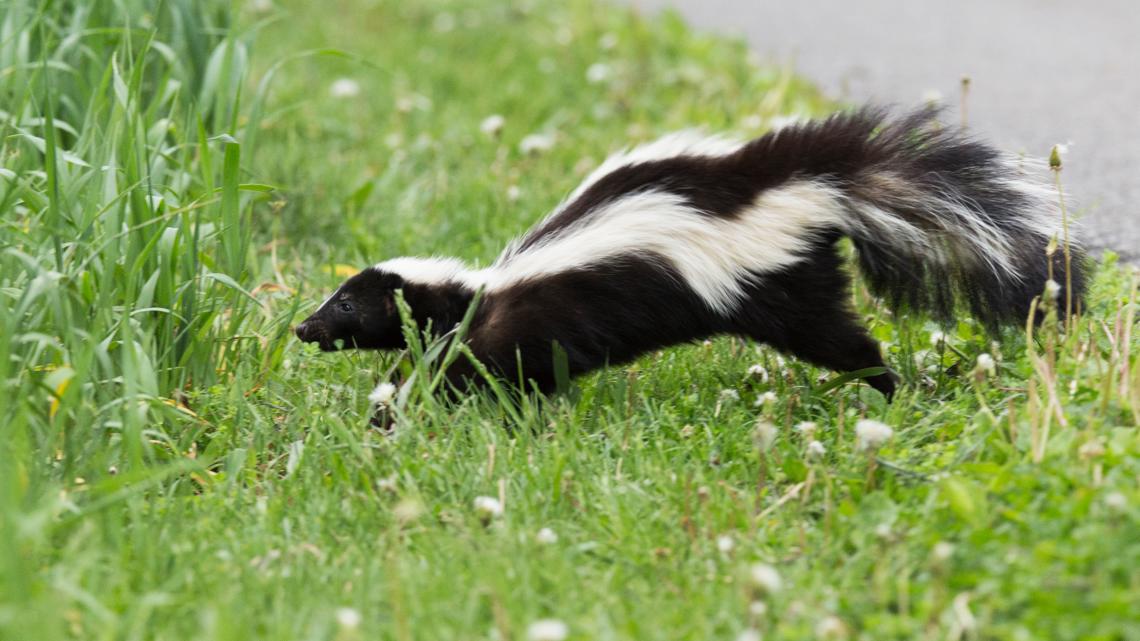Health officials in Sacramento have reported that several skunks have tested positive for rabies following an incident where a zoo visitor was bitten by one on October 15. The Sacramento County Public Health Department confirmed the bite occurred at the Sacramento Zoo, prompting immediate action to investigate the surrounding area for potential rabies exposure.
Zoo officials successfully captured three skunks believed to have been near the site of the bite, with two of them testing positive for rabies. A fourth skunk was captured a few days later, but the results of its rabies test are still pending. The confirmation of rabies in the captured skunks raises significant public health concerns regarding potential exposure to the virus.

In response to the bite, standard medical protocol entails administering a rabies vaccine and applying rabies immunoglobulin or monoclonal antibodies to the wound. This treatment is crucial because rabies is a fatal viral disease that can be prevented if addressed promptly. According to the World Health Organization, the rabies vaccination protocol is vital for anyone bitten by an animal suspected of being infected.
Public health officials have noted that California records approximately 200 cases of rabies in animals annually, predominantly in bats and skunks. They urge visitors to Land Park to avoid contact with wild animals to minimize the risk of rabies exposure and to report any wildlife exhibiting unusual behavior. While rabies can be fatal, the CDC reports that fewer than 10 Americans die from the disease each year, emphasizing the importance of prompt medical intervention.
